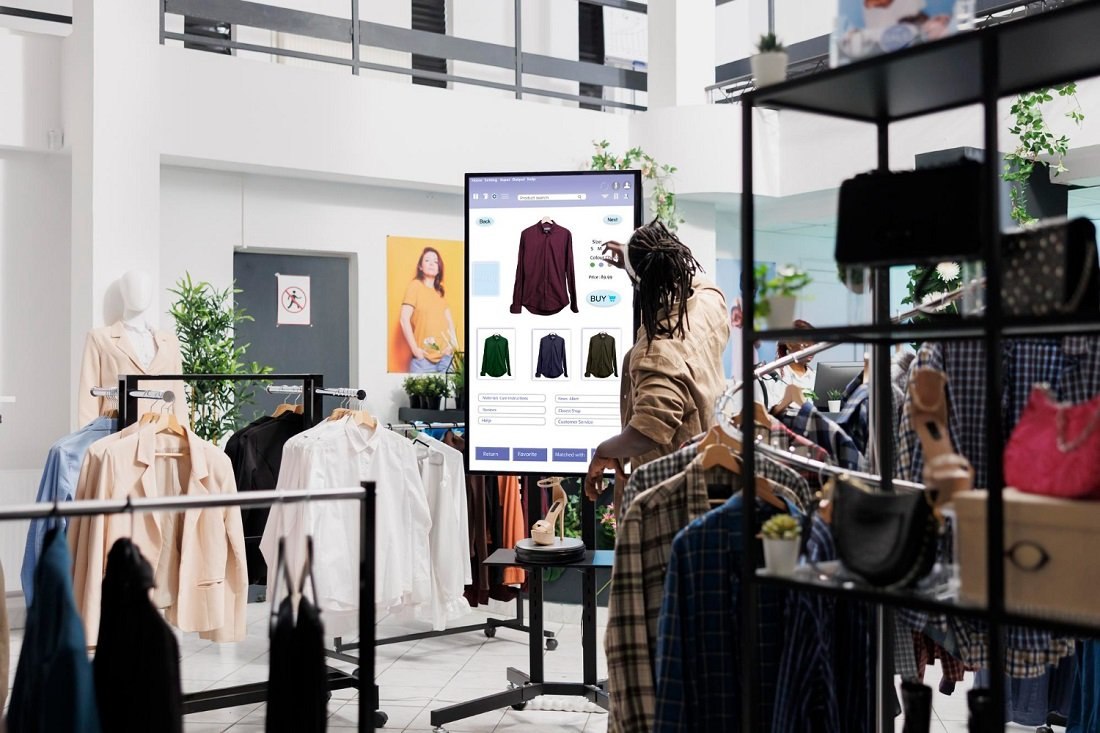
US: Unilever’s testing warmer freezers to reduce emissions - What do people think of such efforts?
Unilever is testing the behaviour of its ice-cream products in freezers set to higher temperatures - roughly ten degrees Fahrenheit. The industry standard is zero. According to the company, being able to store ice cream at 10 degrees instead of zero will help cut down on energy use and greenhouse gas emission by 20% to 30%. While a pilot test was held In Germany, the second round of tests will take place in Indonesia. If successful, the company will have to “manually increase the temperature of its freezers in around 60 countries.”
As Unilever trials a new practice in an effort to become more sustainable, we look at what customers of the company’s ice cream, frozen yoghurt and sorbet brand, Ben & Jerry's, feel about such initiatives.
According to YouGov Profiles - which covers demographic, psychographic, attitudinal and behavioral consumer metrics - 39% of Ben & Jerry’s current customers in the US feel ‘sustainable’ practices in retail and production make “some difference” on the environment.
A little over a third (35%) of the brand’s customers think it makes “a lot of difference”, while 17% of the ice cream brand’s customers feel that the practices make “not much difference.”
Further, more than half (51%) of Ben & Jerry’s customers agree with the statement that they “try to buy only from companies who are socially and environmentally responsible.” Among the general US population, 41% also agree with the statement.
Explore our living data - for free
Discover more retail content here
Want to run your own research? Run a survey now
Make smarter business decisions with better intelligence. Understand exactly what your audience is thinking by leveraging our panel of 20 million+ members. Speak with us today.
Methodology: YouGov Profiles is based on continuously collected data and rolling surveys, rather than from a single limited questionnaire. Profiles data for the US is nationally representative and weighted by age, gender, education, region, and race. Learn more about Profiles.
Photo by Hybrid Storytellers on Unsplash

































